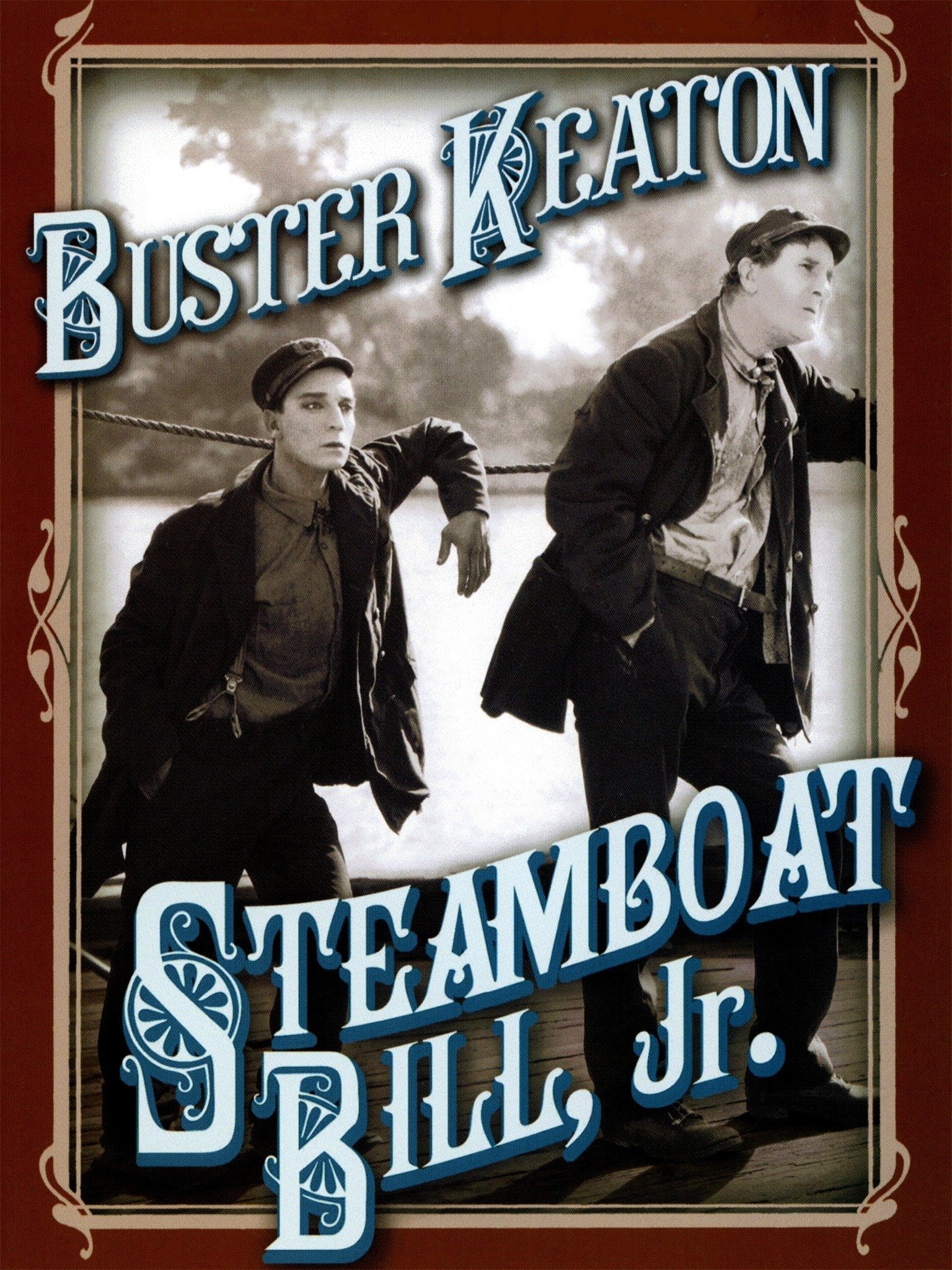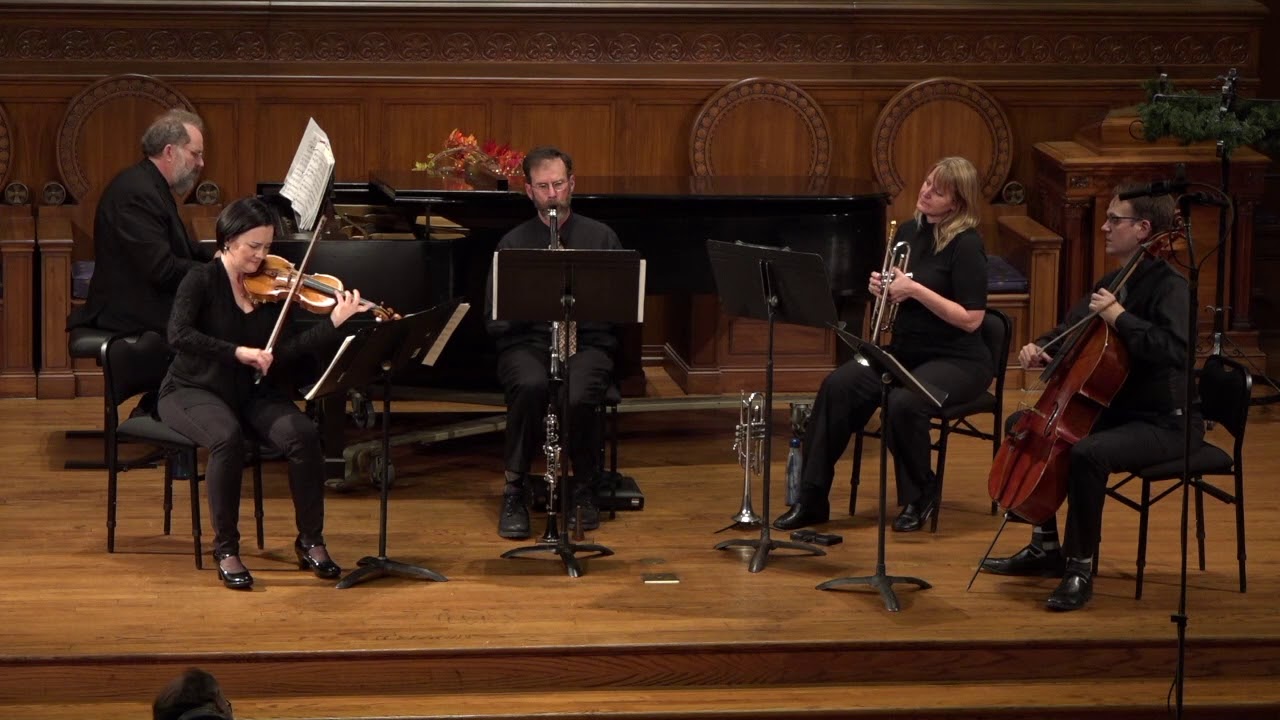by Mike Telin

During his brief opening remarks, Mont Alto director and pianist Rodney Sauer explained that the music that would be heard was from one of the group’s “compiled scores” assembled from a library of “photoplay” music — pre-written works that depict certain scenes. He added that much of the music had been written by Cleveland native and film music pioneer John Stepan Zamecnik.
The film’s plot centers around the feud between Steamboat Bill (owner of the riverboat Stonewall Jackson) and his rival J. J. King (and his river packet King — named after himself). Buster Keaton makes full use of his comic acrobatics in the role of Bill’s son, the diminutive, ukulele-playing Willie, who falls in love with King’s daughter. After a series of dust-ups, mayhem ensues, Steamboat Bill ends up in jail, and a cyclone hits the town. Willie ends up saving the Stonewall Jackson, his sweetheart, his father (floating down the river in the jailhouse), King, and, finally, a preacher.
Mont Alto’s score included Zamecnik’s spiritual-inspired “River Jordan” as the theme for the river and the family, as well as his photoplay compositions “The Tempest,” “The Verdict,” and “Mysterioso.”

The near-capacity audience, enthralled with Keaton’s comedic facial expressions and acrobatic ability as well with the ensemble’s adroit musicianship, responded with a standing ovation. On a personal note, I have never enjoyed going to a movie this much.
Additional screenings in the Cleveland Silent Film Festival will take place at the Cleveland Institute of Art Cinematheque. The first is Wings (February 18), the 1927 Academy Award winner for Best Picture, with a soundtrack composed by Zamecnik, followed by The Wedding March (February 19) and Sunrise (February 20), both of which feature the Mont Alto Orchestra.
Published on ClevelandClassical.com February 18, 2022.
Click here for a printable copy of this article


